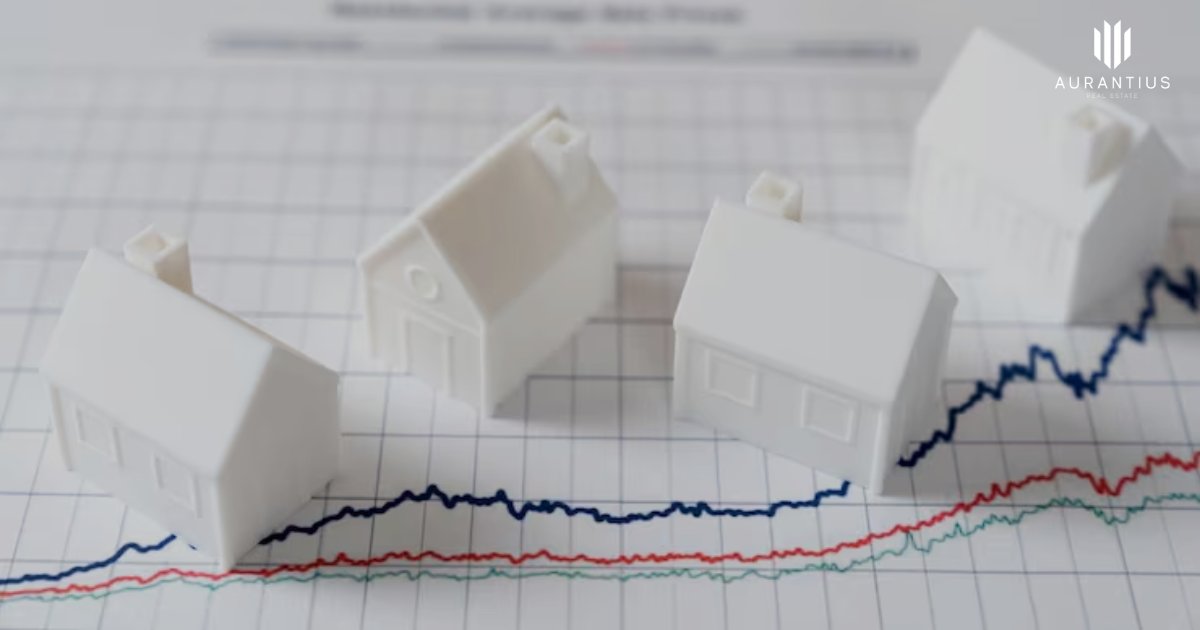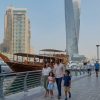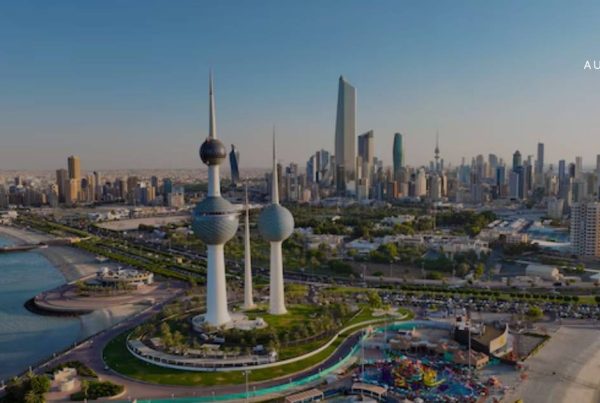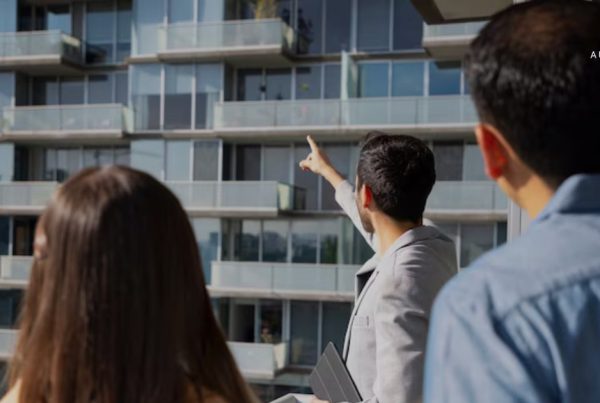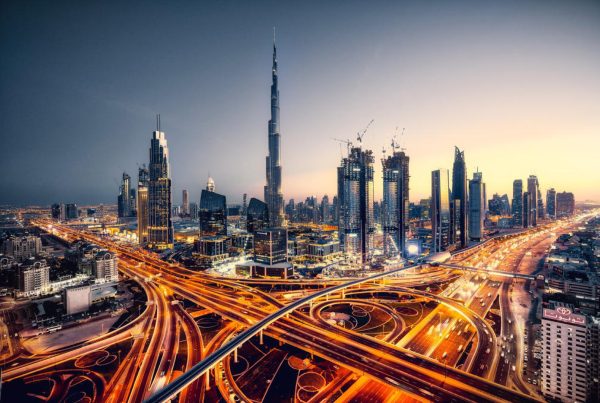Dubai Is a Super Bubble: Investor Warns of Overheated Real Estate Frenzy
Dubai’s meteoric real estate boom has drawn fresh scrutiny after investor and the city’s property market as a “super bubble,” surpassing even India’s high-flying Gurugram. His comments come amid growing concerns from global financial institutions about overheated valuations and speculative activity within Dubai’s luxury housing segment.
UBS Index Flags Dubai as Fifth-Highest Global Bubble Risk
In September 2025, the UBS Global Real Estate Bubble Index ranked Dubai fifth globally for bubble risk. According to the report, Dubai’s real estate prices have surged 50% in just five years, with sustained double-digit gains since mid-2023. The analysis warned that although Dubai’s fundamentals — including strong population growth, investor demand, and sound regulation — remain solid, “bubble risk has become elevated.”
UBS highlighted that real housing prices in Dubai have risen faster than income levels, driven by a 15% population increase since 2020 and an ongoing immigration wave that continues to tighten housing supply. “As a result, housing bubble risk has surged for a second consecutive year and reached an elevated level,” the report stated.
Investor Perspective: Dubai vs Gurugram
Rajesh Sawhney, known for his work in tech investment, recounted advice from his cousin, a long-time Dubai real estate investor: “Never invest in anything beyond 100 kilometers of where you live.” Drawing parallels to Silicon Valley’s focus on proximity, he reflected on the lessons of disciplined investing. “This year, I felt Gurugram was bubbly. But here in Dubai, if Gurugram is a bubble, then surely, Dubai is a super bubble,” he wrote.
His remarks struck a chord with analysts who have long debated whether Dubai’s relentless price rally — fuelled by off-plan sales, international buyers, and speculative flipping — may eventually face correction pressures. While the market continues to set records in sales volume and luxury demand, some observers see early signs of overheating, especially in the Palm Jumeirah, Downtown Dubai, and Business Bay corridors.
Warnings From Global Rating Agencies
Fitch Ratings issued a cautionary note in May 2025, projecting a “moderate correction” in Dubai property prices between late 2025 and 2026. The report anticipated that price declines could reach up to 15% in some segments after a peak year but emphasized that the city’s banks and developers remain financially resilient enough to manage the adjustment.
Fitch’s outlook was not an alarm of collapse but a call for caution — acknowledging that Dubai’s property sector, while robust, must navigate a fine balance between rapid development and sustainable absorption. “A cooling-off period could ultimately help stabilize long-term growth and maintain investor confidence,” the agency noted.
Competition and Construction Surge
UBS also pointed out that construction activity in Dubai is nearing 2017 levels, with developers rushing to deliver projects amid fierce competition from other regional real estate hubs, including Abu Dhabi and Riyadh. The intensity of development is creating both opportunity and concern: while supply growth supports market liquidity, it also risks saturating premium districts if demand softens unexpectedly.
Parallels With India’s Real Estate Market
Dubai’s real estate debate echoes similar concerns across Indian metros. Analysts such as Vishal Bhargava and Akshat Shrivastava have warned that cities like Gurugram and Mumbai face speculative excesses, with inflated pricing detached from infrastructure capacity. Bhargava likened Gurugram’s housing market to a “house of cards,” emphasizing that price hikes since 2021 were “driven less by real demand and more by dangerous speculation.”
In comparison, Shrivastava argued that overdevelopment in Indian metros is leading to livability challenges. “Buying property in an Indian metro may be one of your worst mistakes,” he wrote, highlighting that developer-driven markets can create inefficiencies similar to those now seen in Dubai’s luxury segment.
Dubai’s Balancing Act: Growth or Speculation?
Dubai’s property market remains a global magnet for high-net-worth investors, bolstered by tax-free ownership, world-class infrastructure, and strong rental yields. Yet, the combination of aggressive off-plan launches, record-breaking luxury sales, and rapid price escalation raises questions about sustainability. The emirate’s real estate authorities, led by the Dubai Land Department (DLD), continue to implement regulatory reforms and digital transparency initiatives — such as the Digital Sale system — to curb speculation and improve governance.
Conclusion: Watching the Next Phase Carefully
Despite mounting global warnings, Dubai’s property market shows no immediate signs of cooling. Investor appetite remains strong, particularly in prime communities such as Palm Jumeirah, Downtown Dubai, and Business Bay. Whether this momentum represents sustainable growth or speculative overheating remains to be seen.
For now, the consensus is clear: Dubai’s real estate boom is redefining global luxury benchmarks — but with valuations climbing faster than fundamentals, investors and regulators must tread carefully to avoid turning success into excess.
Stay informed with Aurantius Real Estate for in-depth coverage of Dubai’s property trends, investment insights, and regulatory developments.

